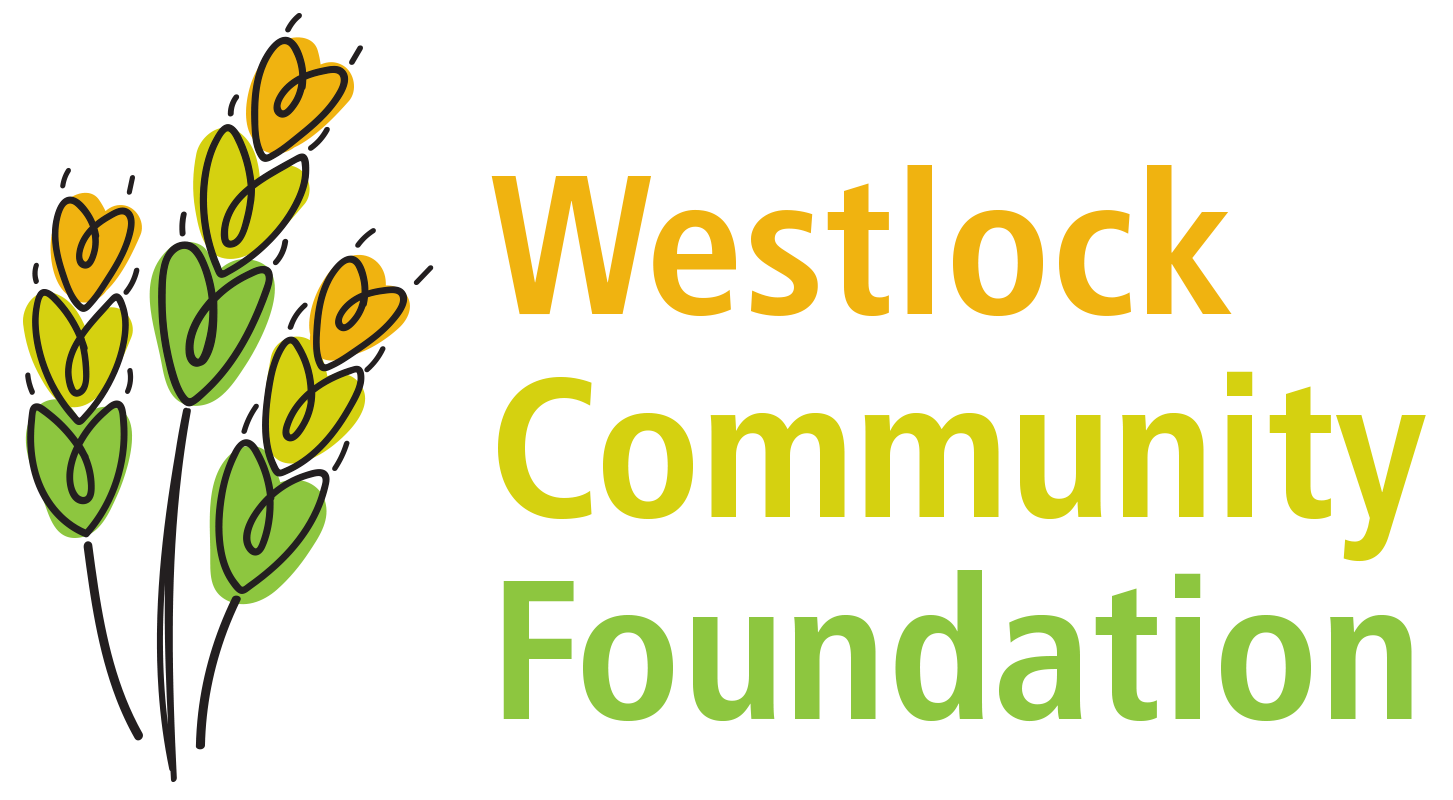Building Bridges to Reconciliation

The Vital Role of Community Foundations in Fulfilling Truth and Reconciliation Calls to Action and UNDRIP
In the pursuit of healing and reconciliation, it’s crucial to recognize the profound role that community foundations can play in fulfilling the Truth and Reconciliation Calls to Action and the United Nations Declaration on the Rights of Indigenous Peoples (UNDRIP). These two pivotal documents are essential guides for addressing historical injustices and advancing the rights and well-being of First Nations, Inuit, and Métis peoples. Here will will discuss how Community Foundations can actively contribute to these important initiatives and foster meaningful change within their communities.
Understanding the Truth and Reconciliation Calls to Action
The Truth and Reconciliation Commission of Canada (TRC) released its final report in 2015, which included 94 Calls to Action aimed at addressing the legacy of the Indian Residential School system. These Calls to Action encompass a wide range of areas, including education, health, justice, and culture, with the overarching goal of achieving reconciliation between Indigenous and non-Indigenous peoples.
Embracing UNDRIP Principles
The United Nations Declaration on the Rights of Indigenous Peoples (UNDRIP) is an international instrument outlining the rights of Indigenous peoples, including self-determination, cultural preservation, and protection from discrimination. Adopted in 2007, UNDRIP provides a framework for respecting Indigenous rights and fostering reconciliation on a global scale.
Community Foundations as Catalysts for Change
Community foundations are uniquely positioned to promote reconciliation and uphold the principles of UNDRIP within their local areas. Here are several ways in which we can actively contribute to these important initiatives:
1. Supporting Indigenous-Led Initiatives: Community foundations can fund and amplify Indigenous-led projects and organizations working to address the Calls to Action and UNDRIP principles. This support can include cultural revitalization efforts, educational programs, and economic development initiatives.
2. Community Engagement: Foundations can foster dialogue and understanding by organizing community events, forums, and workshops that bring Indigenous and non-Indigenous residents together to learn about and discuss reconciliation efforts.
3. Education and Awareness: Community foundations can invest in educational programs that promote Indigenous history, culture, and perspectives, thus raising awareness and dispelling stereotypes.
4. Capacity Building: Foundations can offer financial support and resources to build the capacity of Indigenous organizations, enabling them to better serve their communities and advance their own priorities.
5. Advocacy and Policy Engagement: Community foundations can advocate for policies and practices that align with UNDRIP and the TRC Calls to Action at the local, regional, and national levels.
Community foundations have a unique and powerful role to play in advancing reconciliation and upholding the principles of UNDRIP within their communities. By actively engaging with Indigenous partners, supporting Indigenous-led initiatives, and fostering dialogue and understanding, they can contribute to a more just and equitable society. As we work towards a future of healing and reconciliation, community foundations stand as vital bridges that connect individuals, organizations, and communities on the journey toward a brighter and more inclusive future for all.
